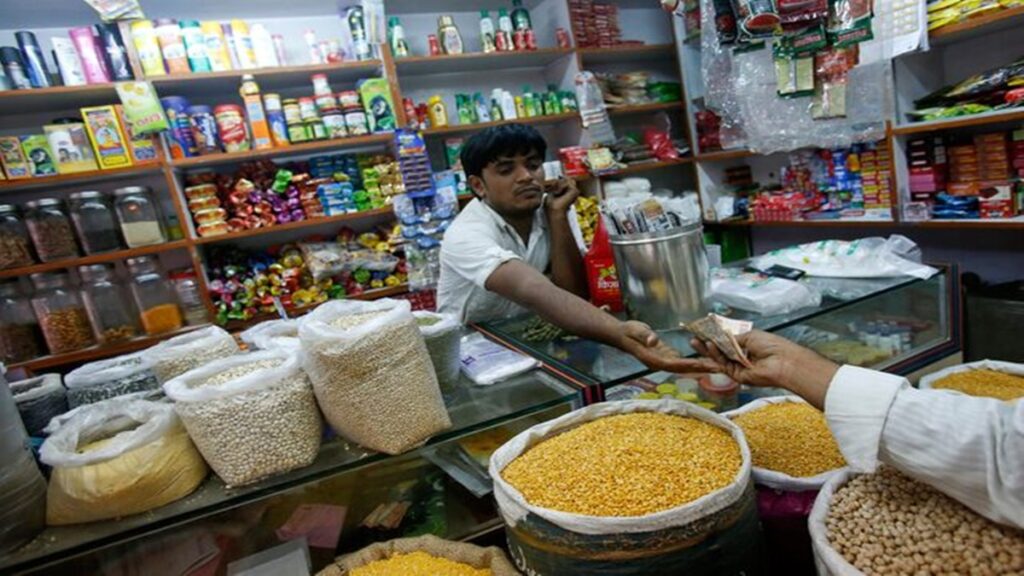Two Lakh Kirana Stores Forced To Shutdown Due To Rise of Quick-Commerce Boom, Claims AICPDF

Two Lakh Kirana Stores Forced To Shutdown Due To Rise of Quick-Commerce Boom, Claims AICPDF (representational pic)
Rapid expansion of quick commerce, coupled with economic slowdown, drives closures, with FMCG distributors calling for regulatory intervention.
According to the All India Consumer Products Distributors Federation (AICPDF), approximately two lakh kirana stores have closed in the past year, largely due to the quick-commerce industry’s rapid growth and deep discounting strategies. This shift has particularly impacted metropolitan areas, accounting for 45% of closures, followed by tier-one cities at 30%, and tier-two and three cities at 25%.
Representing over four lakh FMCG distributors nationwide, AICPDF accuses quick-commerce platforms of creating an unfair competitive environment by employing predatory pricing tactics, eroding customer bases, and reducing profitability for traditional stores. AICPDF has urged regulatory bodies, including the Competition Commission of India, to investigate these practices, citing potential FDI violations, while also requesting intervention from the Finance Ministry and Ministry of Commerce and Industry to establish protections for small retailers.
India’s quick-commerce market now contributes up to 50% of e-commerce business growth for leading FMCG companies like Nestlé India, where online sales account for 7-10% of revenue. However, kirana stores still hold 80% of the FMCG market share, though rising rental costs, slim profit margins, and halved foot traffic have left many struggling.
Nestlé India MD Suresh Narayanan acknowledged quick commerce’s rapid ascent but noted traditional trade remains substantial. Meanwhile, Patil from AICPDF noted many kirana stores have excess inventory due to a tepid festive season, signaling a bleak financial outlook.
With urban Indians increasingly opting for quick commerce 31% for primary shopping and 39% for top-ups, kirana stores face mounting pressure to adapt or risk further closures.












